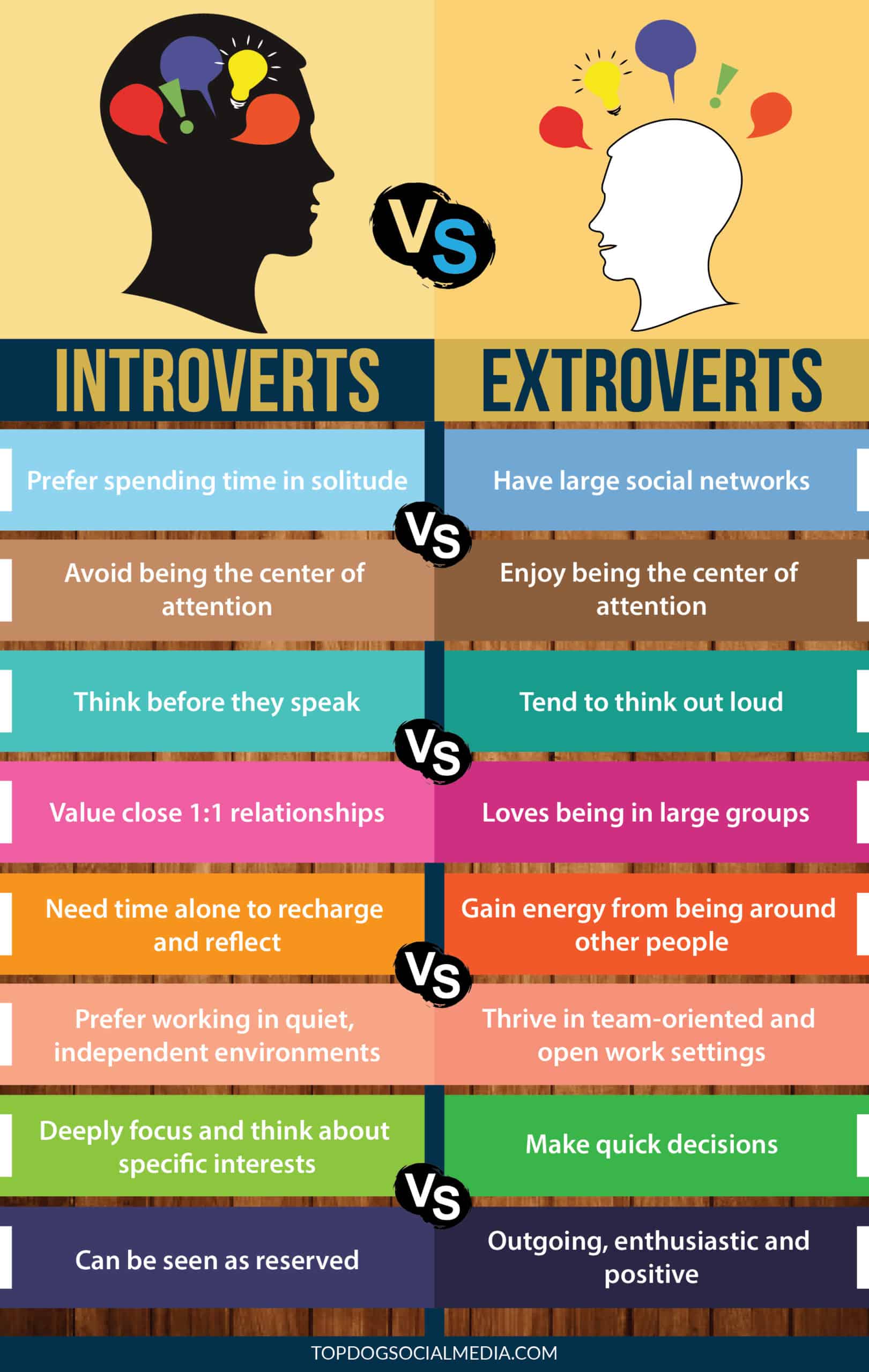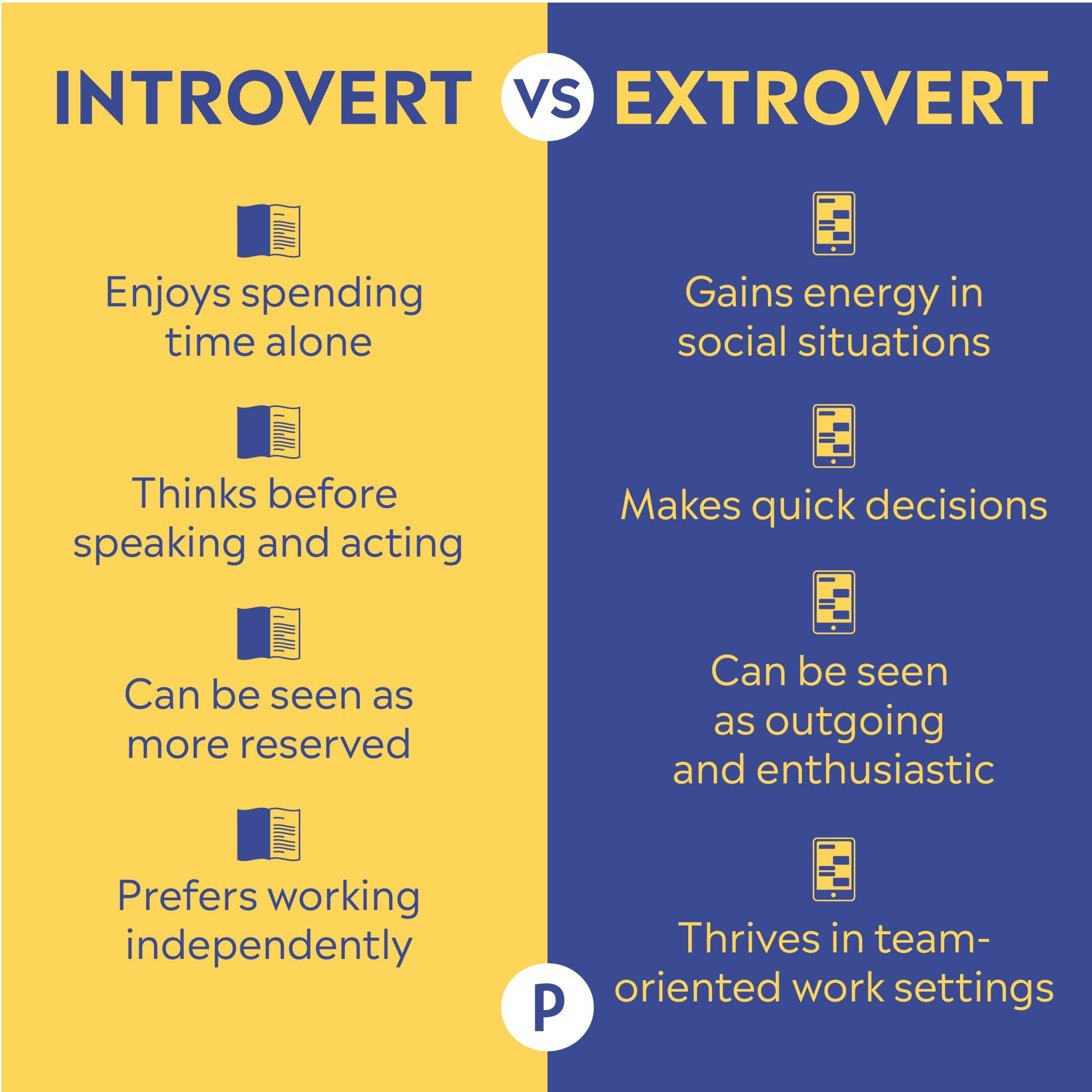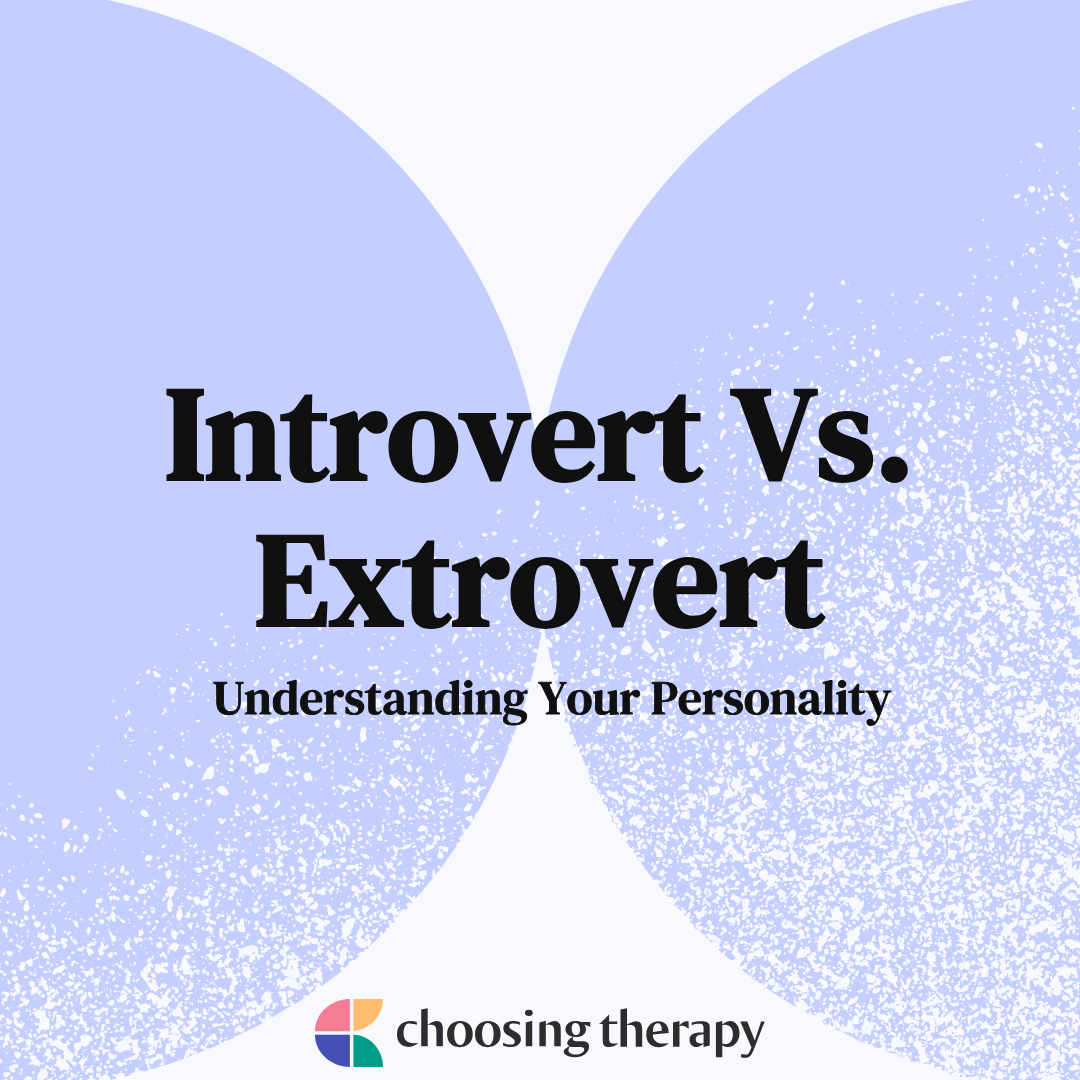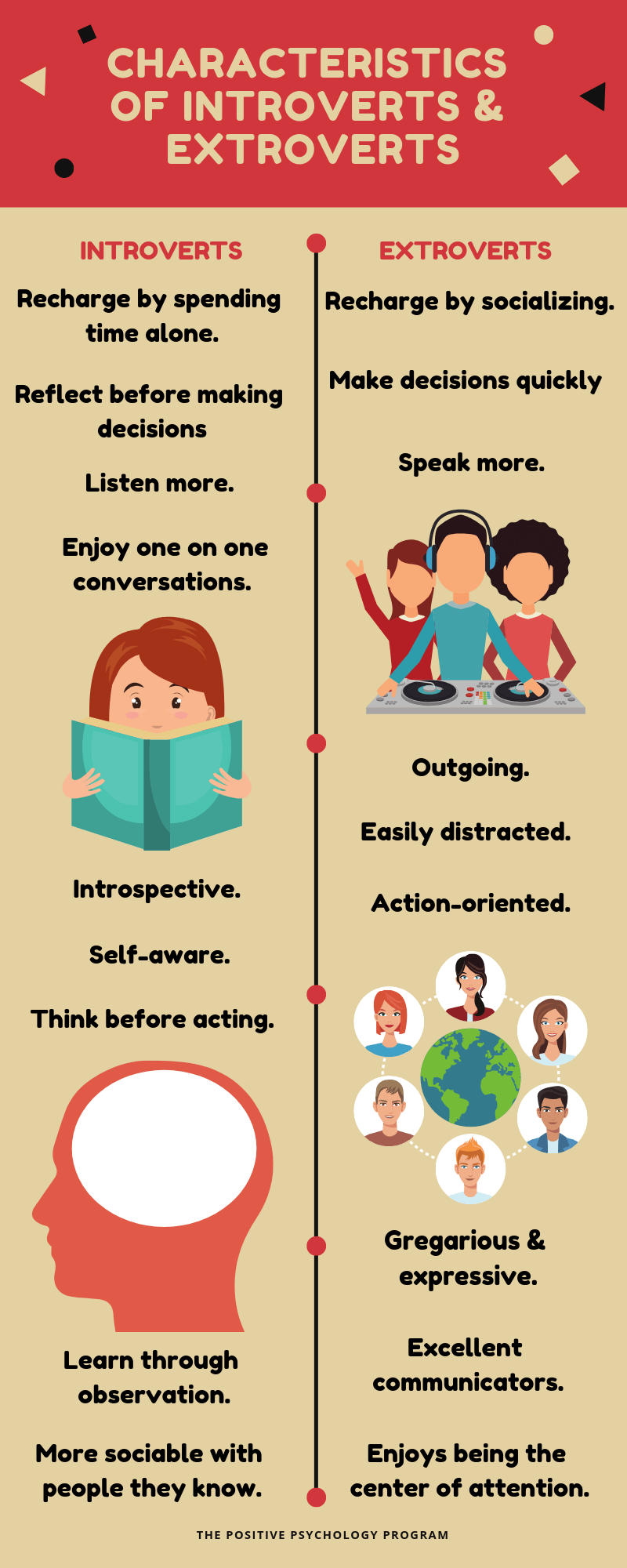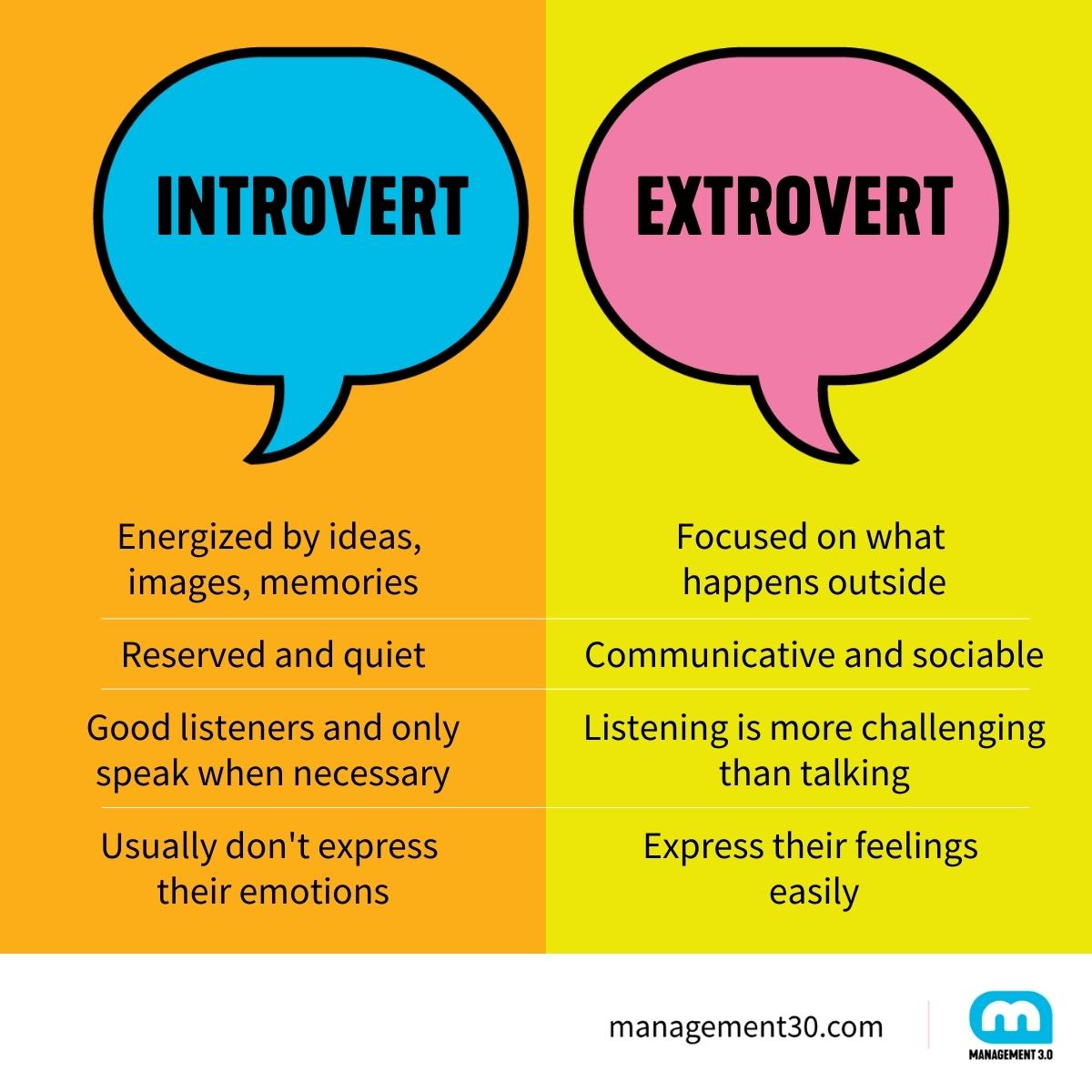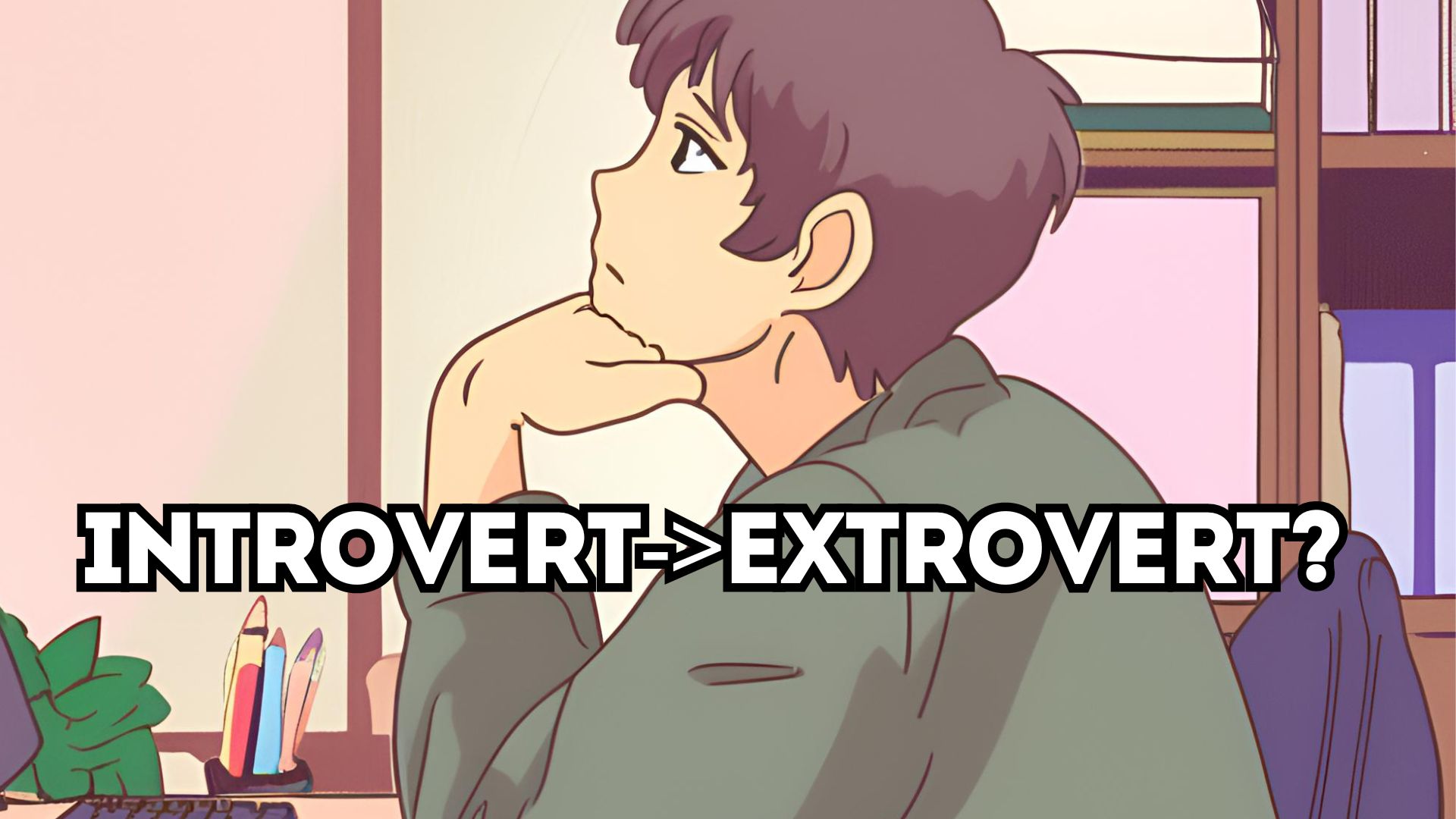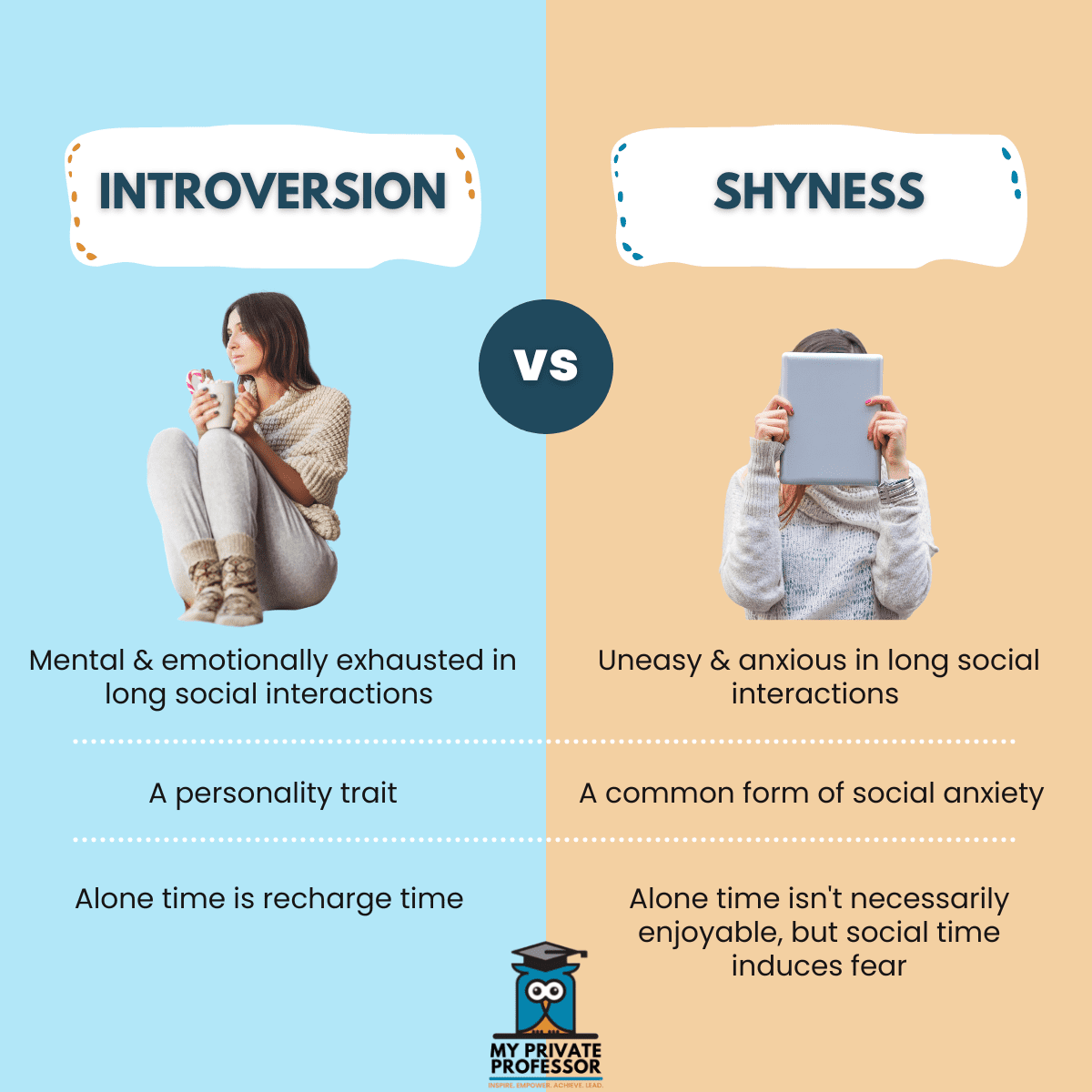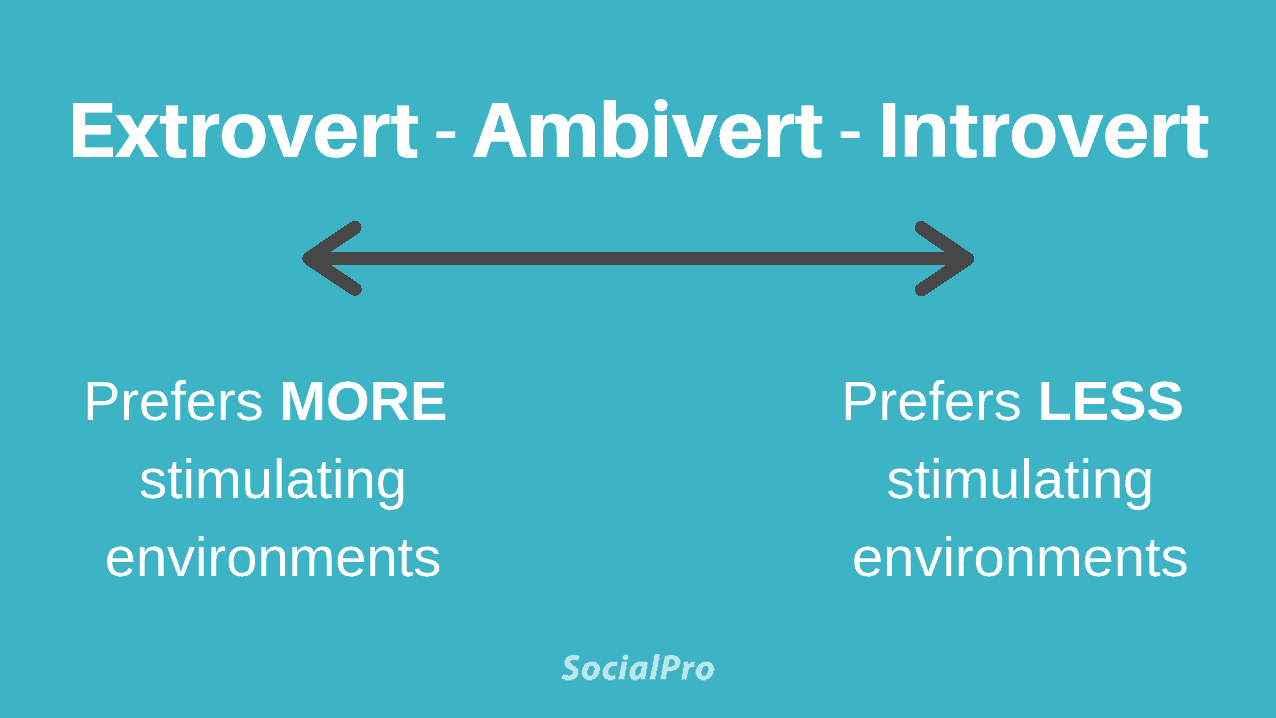How Introvert Can Become Extrovert

Imagine a cozy coffee shop, the aroma of roasted beans mingling with the quiet hum of conversation. In a corner, Sarah sits, notebook open, observing the bustling scene. For years, social gatherings felt like navigating a minefield for her, each interaction draining her energy. But today, there's a newfound ease about her, a willingness to engage, a spark in her eye that hints at a transformation: Sarah, once a self-described introvert, is embracing extroversion.
The notion of an introvert becoming an extrovert might seem contradictory, a fundamental shift in personality. However, experts suggest that while one's innate temperament plays a role, behaviors associated with introversion and extroversion are more fluid than fixed. It's about expanding one's comfort zone and developing skills, not undergoing a complete personality overhaul.
Understanding Introversion and Extroversion
Before diving into the how-to, it's crucial to understand what these terms truly mean. Introversion and extroversion, popularized by Carl Jung, describe how individuals gain energy. Introverts recharge through solitude and reflection, while extroverts gain energy from social interaction.
Dr. Jennifer Kahnweiler, author of "The Introverted Leader," emphasizes that introversion is not shyness or social anxiety. "It's about preference," she states. "Introverts can be incredibly social, but they need downtime to recover."
The Journey Begins: Small Steps, Big Impact
Sarah's journey began with small, intentional steps. Instead of avoiding social events altogether, she committed to attending one networking event a month, setting a goal to have three meaningful conversations. "It was terrifying at first," she admits. "But I focused on asking open-ended questions and truly listening to the answers."
This approach aligns with recommendations from social skills experts. Focusing on active listening, making eye contact, and practicing conversation starters can significantly reduce anxiety and improve social interactions.
Another key strategy is to identify one's strengths. Introverts often possess excellent observation skills, empathy, and a thoughtful approach to communication. Leveraging these qualities can make social interactions more authentic and less draining.
Reframing Social Interactions
A significant aspect of this transformation involves reframing social interactions. Instead of viewing them as a chore or a performance, Sarah began to see them as opportunities to learn, connect, and contribute.
She also practiced self-compassion. "There were times when I felt awkward or overwhelmed," she says. "But I learned to accept those feelings and remind myself that it's okay to take breaks and recharge."
"Embrace your introverted strengths and leverage them in social situations," advises Susan Cain, author of "Quiet: The Power of Introverts in a World That Can't Stop Talking."
The Importance of Self-Care
Crucially, the journey toward embracing extroverted behaviors requires a strong foundation of self-care. Introverts need to prioritize solitude and activities that replenish their energy reserves.
This might involve spending time in nature, reading a book, or engaging in a creative pursuit. Scheduling these activities is just as important as scheduling social events.
Sarah learned to build buffer time into her schedule, allowing herself space to decompress before and after social engagements. This helped prevent burnout and made her more present and engaged during interactions.
The Outcome: A More Balanced Approach
Sarah's story isn't about abandoning her introverted nature. Instead, it's about expanding her repertoire of behaviors and developing a more balanced approach to life. She still values her solitude, but she's also more comfortable and confident in social settings.
Ultimately, the journey from introvert to embracing extroverted behaviors is a personal one, requiring self-awareness, intentional effort, and a willingness to step outside one's comfort zone. It's not about changing who you are, but about expanding who you can be.






